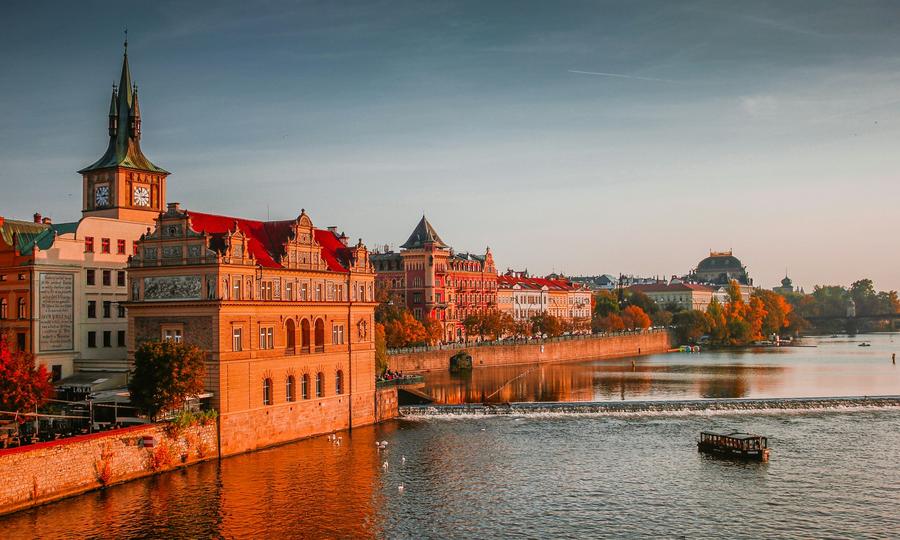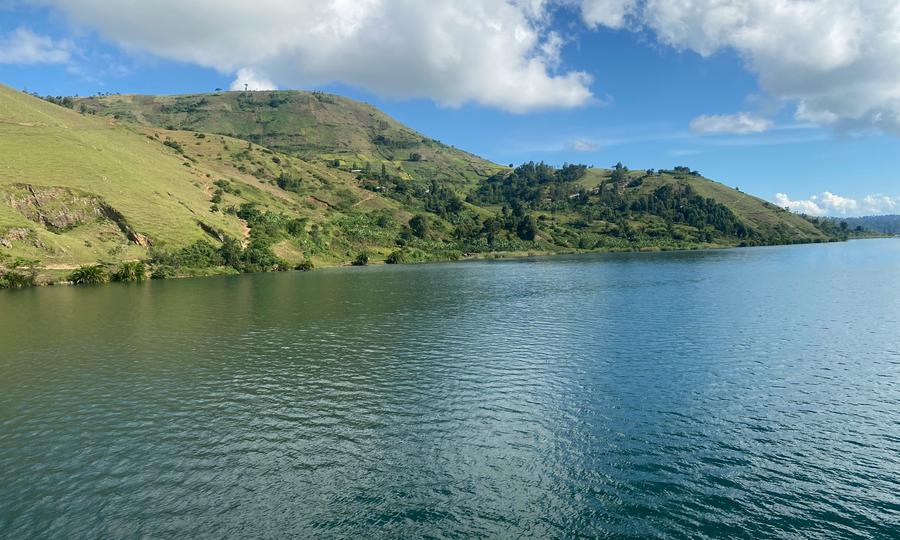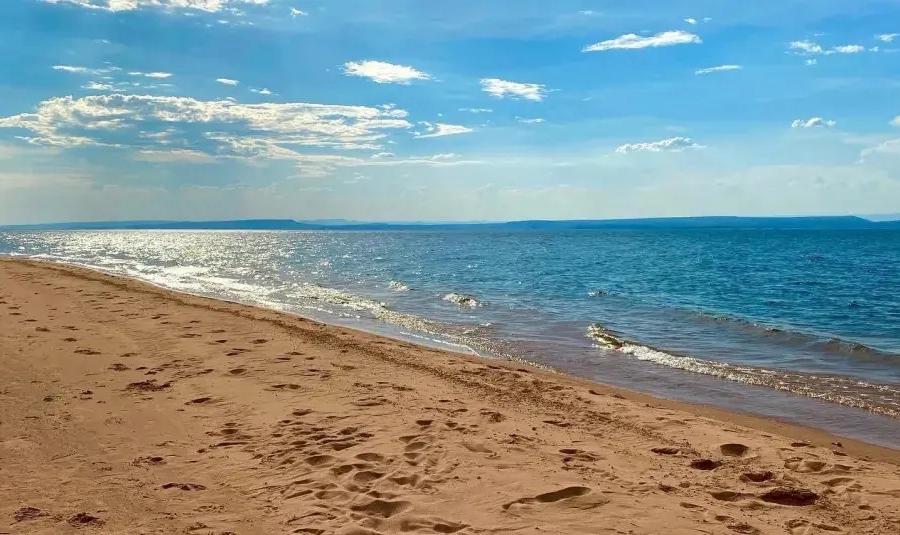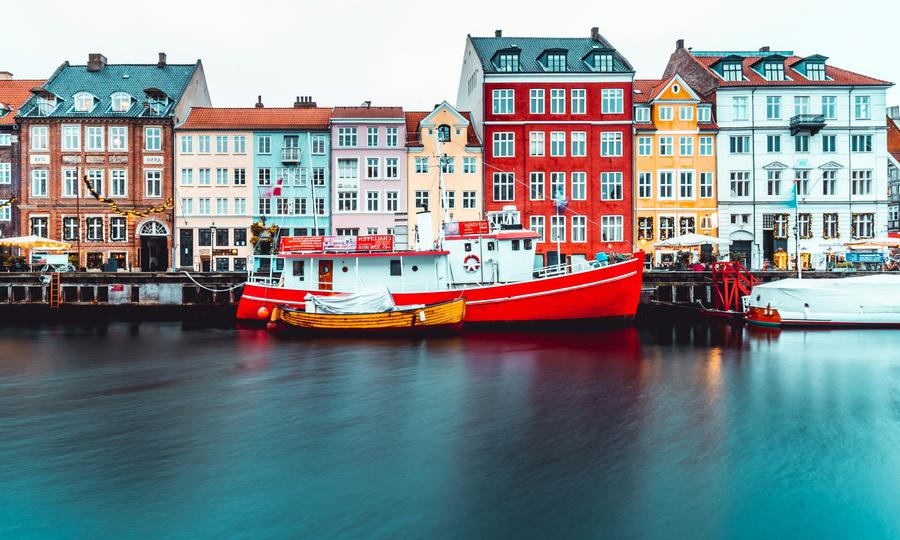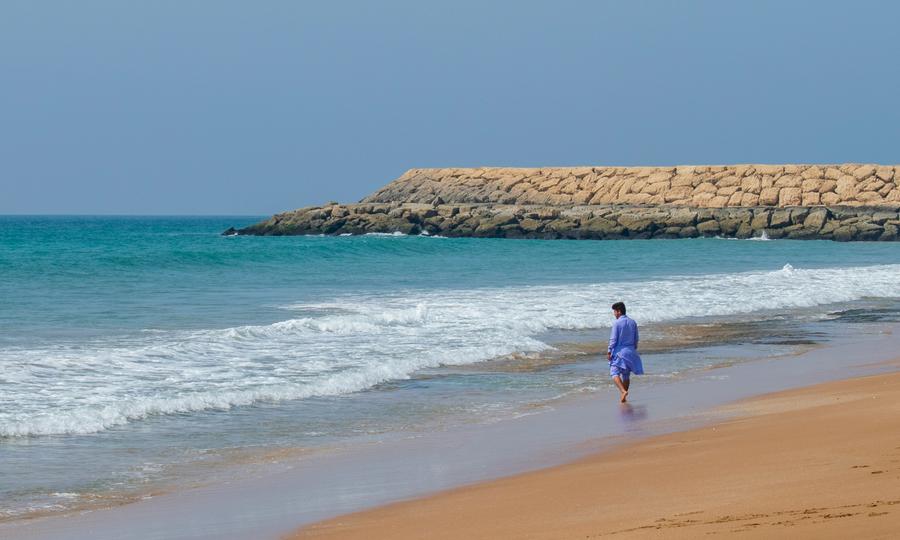Introduction
Guinea, a West African nation known for its diverse landscapes and rich cultural heritage, offers travelers a unique blend of experiences. From the bustling markets of Conakry to the serene beaches along its Atlantic coast, Guinea presents an array of attractions. This comprehensive guide explores Guinea's stance on nudism, highlights potential spots for naturist activities, and provides practical advice for travelers.

Legal Stance on Nudism
In Guinea, there are no explicit laws that directly address nudism or naturism. However, public nudity is generally frowned upon and can be considered offensive. The legal system, influenced by customary laws and practices, tends to support modesty in public spaces, including beaches. Therefore, engaging in public nudity may lead to legal consequences or social disapproval.
Designated Nudist Beaches
Currently, Guinea does not have any officially designated nudist beaches. Public beaches and recreational areas adhere to conservative dress codes, reflecting the country's cultural norms.
Guidelines and Etiquette for Nudist Beaches
In the absence of designated nudist beaches, adhering to proper guidelines and etiquette is crucial for those seeking naturist experiences in Guinea. Consider the following recommendations:
Seek Secluded Areas: Opt for remote and less frequented spots to minimize the risk of offending locals or attracting unwanted attention.
Obtain Local Insight: Engage with local communities or guides to identify areas where naturist activities might be more tolerated.
Respect Cultural Norms: Always be mindful of Guinea's conservative cultural attitudes towards nudity. If unsure about the appropriateness of naturist activities in a particular area, err on the side of caution.
Practice Discretion: Use cover-ups or clothing when moving to and from secluded spots, and avoid drawing attention to naturist activities.
Leave No Trace: Maintain the cleanliness and integrity of natural sites by carrying out all belongings and disposing of waste properly.
Avoiding Legal Issues
To prevent legal complications while exploring naturist activities in Guinea, consider the following precautions:
Stay Informed: Familiarize yourself with local laws and customs related to public decency and nudity.
Consult Authorities: If contemplating naturist activities, seek advice from local authorities or tourism offices to understand potential legal implications.
Be Prepared to Adapt: If confronted or asked to cover up, comply promptly and courteously to avoid escalating the situation.
Travel with Companions: Engaging in naturist activities with a group can enhance safety and provide support if issues arise.
Cultural Considerations
Guinea's cultural landscape is diverse, with various ethnic groups and traditions contributing to societal norms. Generally, the country maintains conservative views regarding public nudity, and such practices may be deemed disrespectful or inappropriate. Understanding and respecting these cultural perspectives is vital for travelers. By demonstrating cultural sensitivity, visitors not only foster positive interactions but also contribute to the preservation of Guinea's rich heritage.

Conclusion
While Guinea's natural beauty may appeal to naturist enthusiasts, the absence of explicit laws supporting public nudity and the prevailing conservative cultural attitudes necessitate caution. Travelers interested in naturism should prioritize discretion, seek secluded areas, and remain respectful of local customs and legal frameworks. By doing so, they can enjoy Guinea's offerings while maintaining harmony with its cultural and legal environment.


